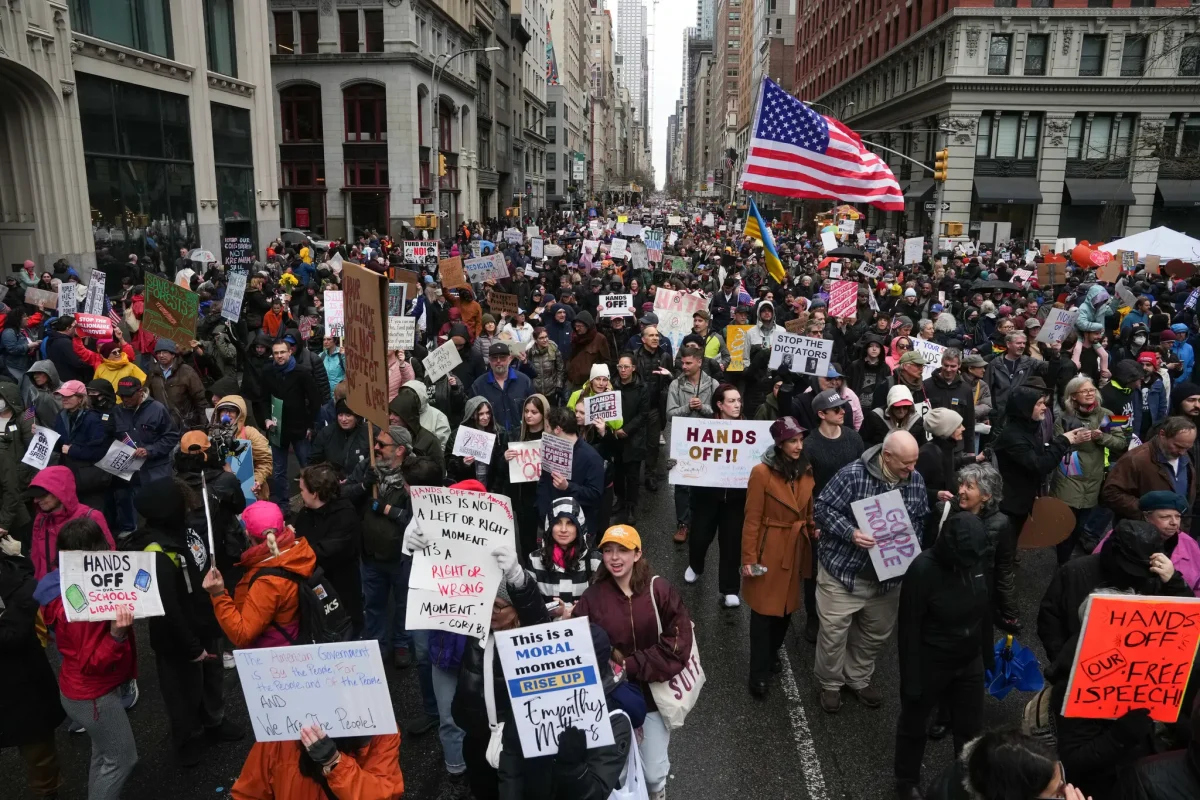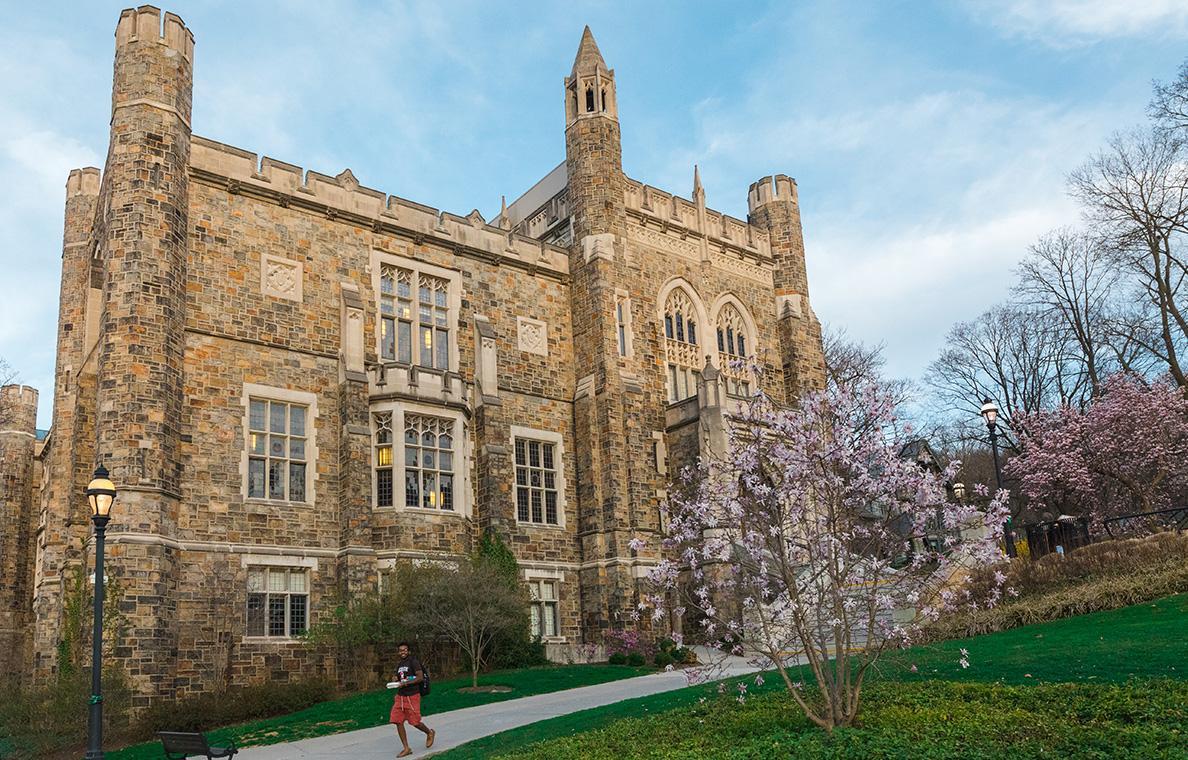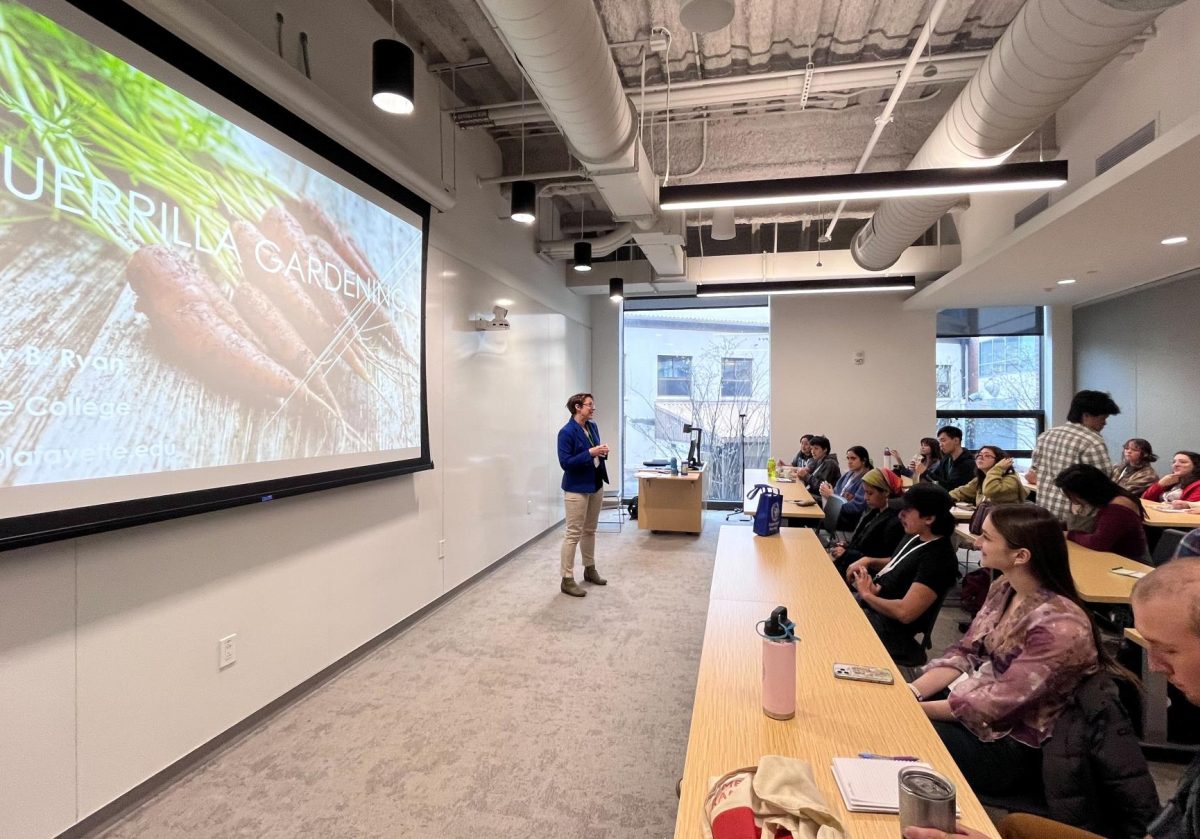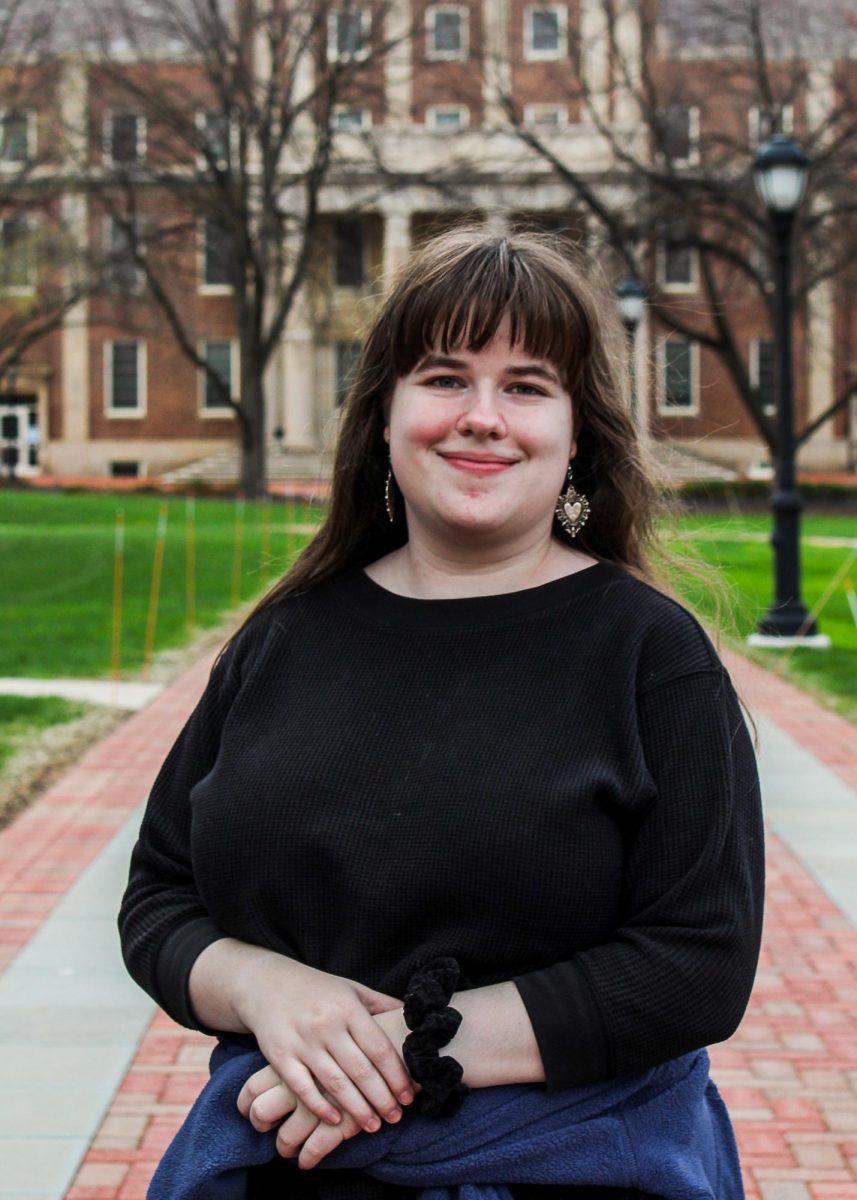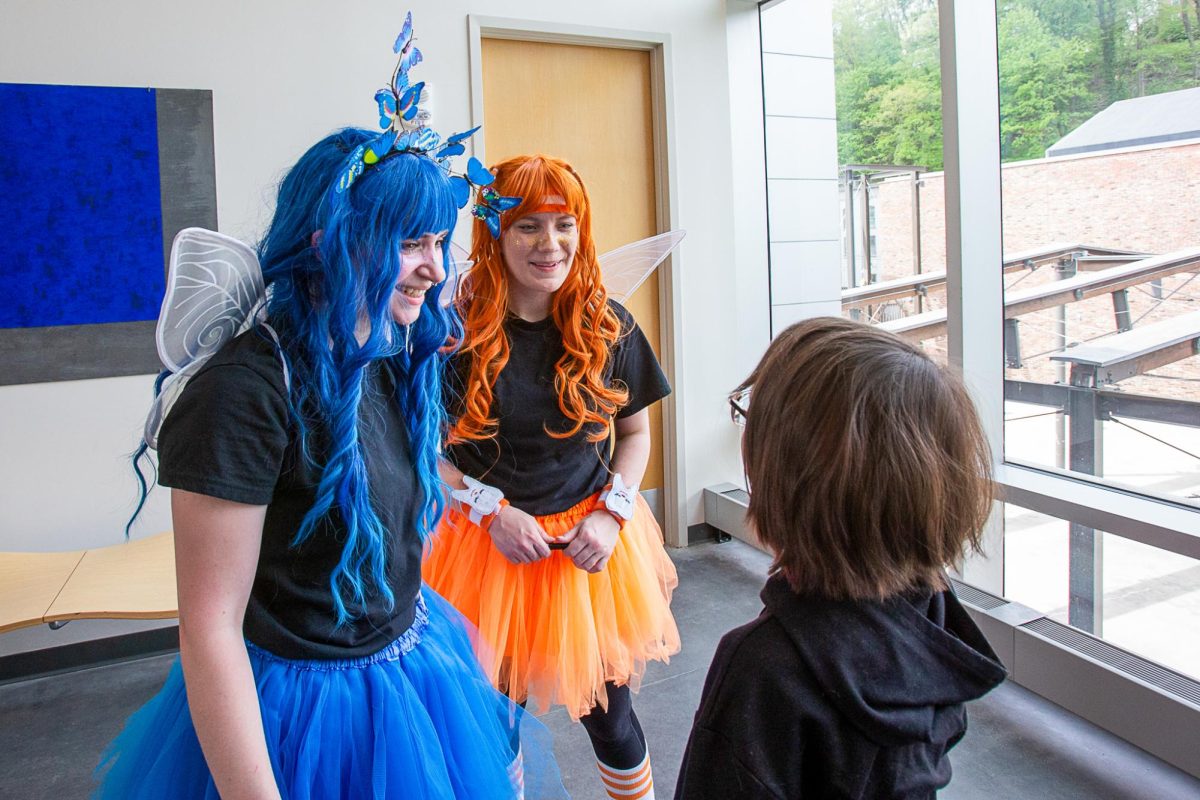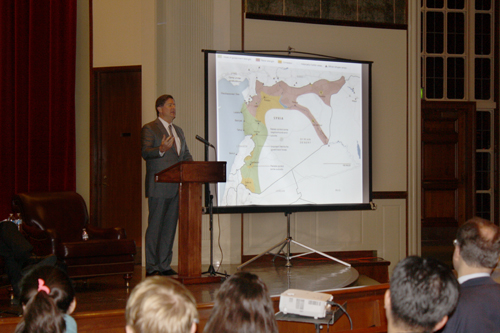Photo by Matt Mitterhoff ‘16 | Assistant News Editor
Although David Lesch is an expert on Middle Eastern history, he doesn’t pretend to know everything about the current state of the area.
“The Syria on which I’m a so-called ‘expert’ doesn’t exist. It’s a new Syria.”
Those were some of the first words Lesch spoke upon taking the podium in Colton Chapel. Lesch, a professor of Middle East history at Trinity University in Texas and a renowned scholar on Syria, came to Lafayette to speak and hold a Q&A session regarding Syria’s current state and Bashar al-Assad’s regime in the war-torn country.
“Comprehending this change that’s happened in Syria…it didn’t have to be this way,” Lesch said during his 45-minute talk. “There could’ve been different terms.”
Lesch spoke of his latest visit to Syria, where he, along with other U.S. academics, met with opposing forces to try and gauge the temperature of the civil war affecting the country.
“If they’re part of the government, they’re the enemy,” Lesch said, quoting a former physician and now military leader of a Sunni opposition force in Syria.
In another meeting, this time with government officials, Lesch quoted one official who said he was not allowed to leave the building he was camped out in because he was being targeted for assassination.
This type of heated opposition to the Syrian government, Lesch said, was due to disdain for Assad’s policies for the country. Lesch said that Assad “unleashed the forces” on many people, reminding his citizens that he is more like his father, “rather than the reformer,” Syrians had hoped he would be.
Assad’s shift in his attitude towards ruling was another factor that played into the overall contempt for Assad. Lesch described Assad as being “unpretentious” and “humble” at the beginning of his ongoing 13-year rule. Time went on, though, and Lesch found that “Bashar basically overstepped the nature of his rule” and had “really began to absorb all of this [praise].”
“They would talk about him as a savior,” Lesch said, referring to Syrian citizens. “It was ‘his destiny’ to rule.”
This corrupted Assad. In one election year, Assad won 97.6 percent of the vote on a “yes-no” ballot on whether the public wanted Assad to be president. When asked about the vote, Lesch quoted Assad as saying, “They love me.”
Finally, Lesch offered three scenarios he saw playing out in Syria.
The first one would be a one-sided win in the fight, which, “in civil war,” Lesch said, “is not necessarily a bad thing.”
The second scenario would be a “Geneva Process,” or rather, diplomacy, similar to the path that the U.S. and Russia are currently taking to rid Syria of chemical weapons.
The third and most likely scenario, Lesch said, would be a “temporary separation” of the state. The current divisions within Syria and the opposition make this possible.
Some members of the audience praised Lesch’s ability to lay out clearly the crumbling relationship between the state and the people.
“Lesch’s most sobering comment — that the Syria on which he is an expert doesn’t exist anymore — reflects the scale of the upheaval underway,” Professor of Government & Law Joel Shelton wrote in an email. “It is nearly impossible to overstate the impact of what is going on in Syria right now for the future of the region. This is a political and human tragedy of immense proportion, and Lesch did a fine job of presenting what is at stake for Syria and the world.”
Others in the audience found his talk to be absent of current events in Syria, which is what they expected out of the talk.
“Like many of my peers, I was disappointed by the fact that he only touched on important topics like chemical weapons and Russian intervention when cued by the audience,” Alex Hope ‘16 wrote in a text. “He failed to mention in detail any developments that occurred after August before the Q&A.”
An updated version of Lesch’s new book, The Fall of the House of Assad, is available now.


